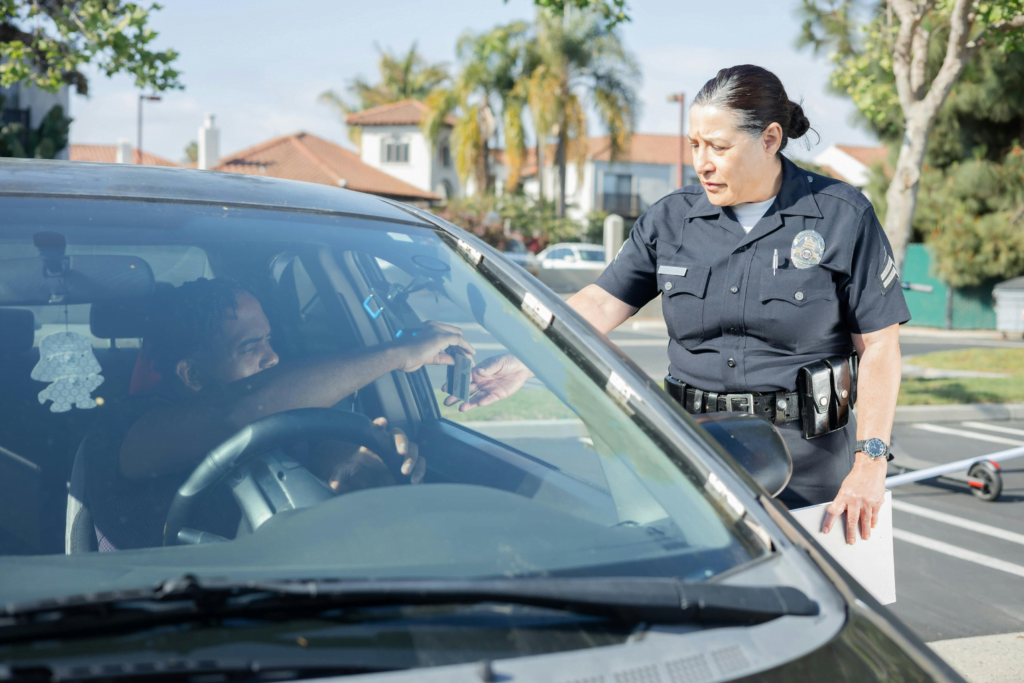
Germany, known for its autobahns and car culture, is a country where having a valid driver’s license is essential for those who wish to drive. Whether you are planning to move to Germany for work, study, or a long-term stay, understanding the rules and regulations surrounding driver’s licenses is crucial. This article provides a detailed guide on whether your driver’s license will be valid in Germany, what steps you may need to take to drive legally, and tips to navigate the process smoothly.
Understanding Germany’s Driver’s License Regulations
Germany has strict rules regarding who can drive within its borders. The validity of your foreign driver’s license in Germany depends on several factors, including your country of origin, the duration of your stay, and whether you intend to become a resident.
Driving with a Foreign Driver’s License in Germany
If you are visiting Germany as a tourist or for a short stay (up to six months), you can generally use your foreign driver’s license without any issues. However, there are specific conditions you must meet:
- License Validity: Your license must be valid and not expired. It must be issued by your home country’s authorities.
- Language: If your license is not in German, English, or French, you may need to carry an official translation or an International Driving Permit (IDP). An IDP is a translation of your license into several languages and is widely recognized.
- Duration of Stay: Non-EU/EEA residents can drive in Germany for up to six months with their foreign license. If your stay extends beyond six months, you will need to convert your license to a German one.
- Age Requirements: You must meet the minimum age requirements for driving in Germany. For example, you must be at least 18 years old to drive a car.
Driving in Germany with an EU/EEA Driver’s License
If you hold a driver’s license issued by a European Union (EU) or European Economic Area (EEA) country, your license is valid in Germany without any time restrictions. This means you can drive in Germany with your EU/EEA license as long as it is valid. You do not need to exchange it for a German license, but you may do so voluntarily if you prefer.
Converting a Non-EU/EEA Driver’s License to a German License
If you are planning to stay in Germany for more than six months and your driver’s license is from a non-EU/EEA country, you will need to convert it to a German license. This process is known as “Umschreibung” and involves several steps.
1. Determine if You Qualify for a Direct Exchange
Germany has reciprocal agreements with certain countries, allowing for a direct exchange of licenses without requiring additional tests. Countries with such agreements include the United States (certain states only), Canada (certain provinces), Australia, Japan, South Korea, and others. If your license is from one of these countries or regions, you may be able to exchange it directly for a German license.
2. Application Process for License Conversion
If your country does not have a reciprocal agreement with Germany, you will need to go through a more involved process to convert your license. Here’s what you’ll need to do:
- Visit the Local Driver’s License Office (Führerscheinstelle): Start by visiting the local Führerscheinstelle in your area. You will need to bring several documents, including:
- Your valid foreign driver’s license.
- A certified translation of your license, if required.
- Proof of residency in Germany (Anmeldebescheinigung).
- Passport or national ID.
- Passport-sized photos.
- An application form (available at the office or online).
- Submit Your Application: Submit your documents and the application form to the Führerscheinstelle. They will review your application and determine whether you need to take additional tests.
- Medical and Eye Examination: You may need to undergo a medical examination and an eye test, especially if you are applying for a commercial driver’s license or if your license class requires it.
- Theoretical and Practical Tests: If your license is not from a country with a reciprocal agreement, you will likely need to take both a theoretical and a practical driving test. The theoretical test covers German traffic laws and is available in several languages. The practical test assesses your driving skills according to German standards.
- Receive Your German License: Upon passing the necessary tests and meeting all requirements, you will be issued a German driver’s license. Your foreign license may be retained by the authorities, depending on the rules of your home country and the agreement with Germany.
Costs Involved in Converting a License
The cost of converting a foreign driver’s license to a German one can vary depending on several factors, such as the need for translations, medical examinations, and whether you must take the theoretical and practical tests. On average, the costs may include:
- Application Fee: Approximately €40-€70, depending on the region.
- Translation Services: €20-€50, depending on the language and complexity of the license.
- Medical and Eye Test: €50-€100.
- Theoretical Test: Around €25-€30.
- Practical Test: Approximately €120-€200.
- Driving School Fees: If you choose to take driving lessons before the practical test, the costs can vary significantly based on the number of lessons and the school.
Driving on an International Driving Permit (IDP)
An International Driving Permit (IDP) is often recommended for non-EU/EEA visitors who plan to drive in Germany. The IDP is not a standalone document but a supplement to your valid driver’s license. It translates your license into multiple languages, making it easier for authorities in foreign countries to understand your qualifications.
How to Obtain an IDP
To obtain an IDP, you must apply in your home country before traveling to Germany. The process usually involves filling out an application form, providing passport-sized photos, and paying a small fee. The IDP is generally valid for one year and must be carried along with your original driver’s license.
Driving Tips for International Drivers in Germany
Driving in Germany can be a unique experience, especially if you are unfamiliar with the local traffic laws and road conditions. Here are some tips to help you drive safely and confidently:
- Familiarize Yourself with German Traffic Signs: German traffic signs may differ from those in your home country. Take time to study the most common signs and their meanings.
- Observe Speed Limits: While the autobahns are famous for having sections without speed limits, there are still areas with strict speed regulations. Be aware of speed limits, especially in urban areas and construction zones.
- Right of Way: In Germany, the right of way is generally given to the vehicle on the right unless otherwise indicated. Pay attention to road signs and be cautious at intersections.
- Roundabouts: When entering a roundabout, yield to vehicles already in the roundabout. Use your turn signal when exiting.
- Parking Regulations: Parking is regulated in most areas, and violations can result in fines or your vehicle being towed. Look for parking signs and pay attention to time restrictions.
- Environmental Zones: Many German cities have environmental zones (Umweltzonen) where only vehicles with a specific emissions sticker (Umweltplakette) are allowed. Ensure your vehicle meets the requirements if you plan to drive in these areas.
Conclusion
Whether your driver’s license will be valid in Germany depends on various factors, including your country of origin, the duration of your stay, and whether you plan to become a resident. For short visits, most foreign licenses are accepted, provided they are valid and, if necessary, accompanied by an IDP. However, if you are staying longer or becoming a resident, you may need to convert your license to a German one.
By understanding the regulations, preparing the necessary documents, and following the steps outlined in this guide, you can ensure a smooth transition to driving legally in Germany. Whether you’re navigating the bustling streets of Berlin or exploring the scenic countryside, having a valid driver’s license is key to enjoying your time on the road in Germany.


